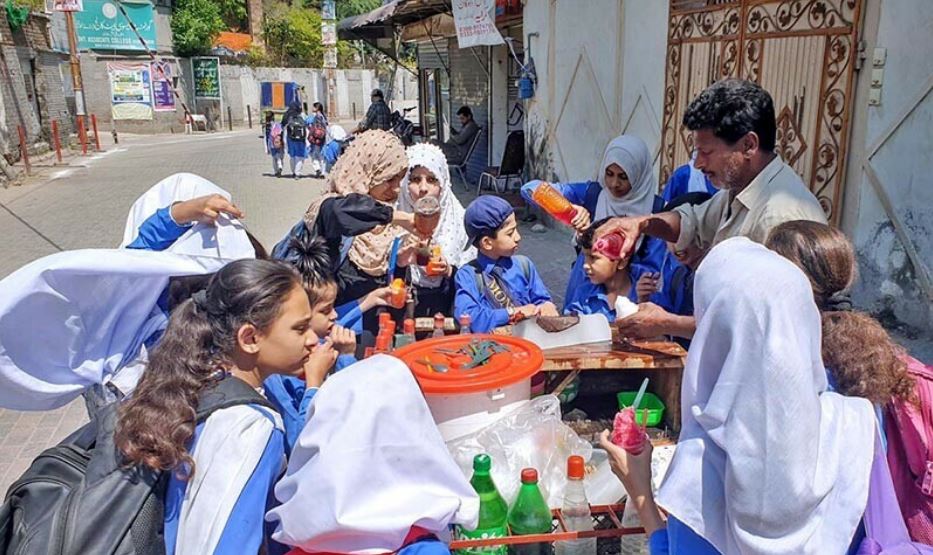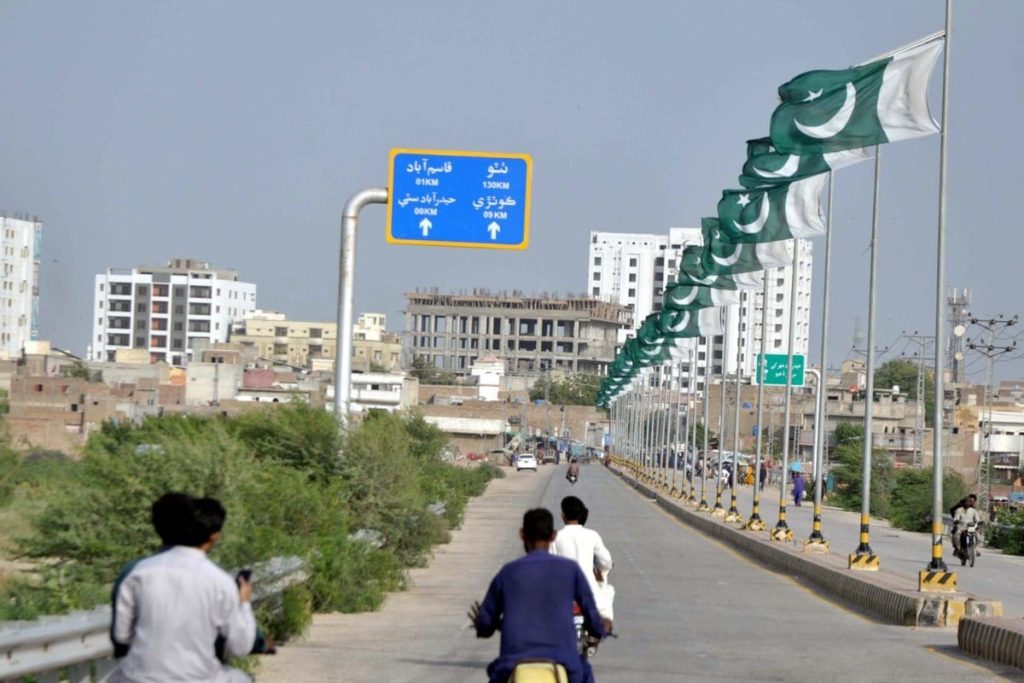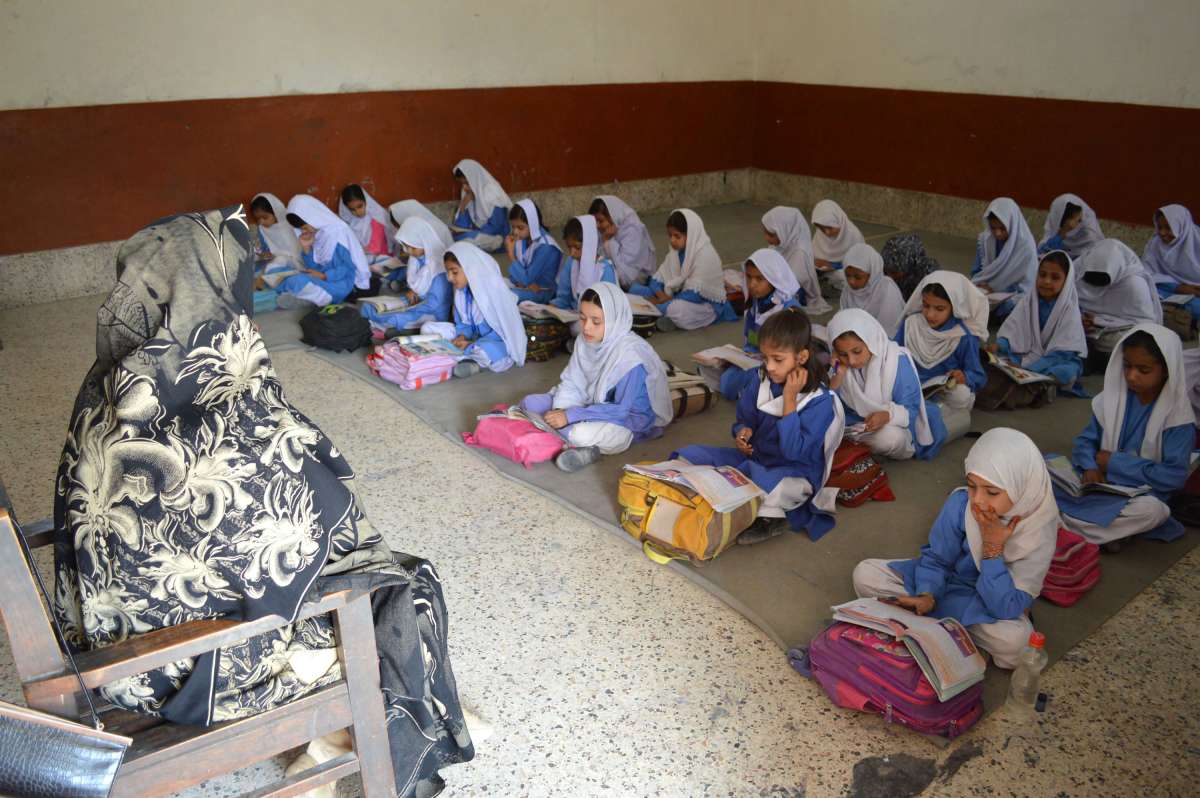Interestingly, the Asian Development Bank (ADB) has advised Pakistan to adopt India’s scheme ULLAS to fix its dysfunctional education system and impart quality training to its citizens, writes Dr Sakariya Kareem
Pakistan’s collapsing education system is a grim reminder of the state of affairs in the country. The shoddy picture of the education scenario is evident from recent data that shows approximately 25 million children are out of school and the nation’s literacy rate is only 60 per cent.
A complete transformation is immediately needed to reform the setup holding to ransom the future of the country.
The financially struggling country recently hosted a crucial meeting of the federal Education Task Force which proposed increasing funding, enrolment and the overall literacy rate but the question of improving quality remains unanswered.
Upgrading the quality of facilities cannot be the only solution to all problems. The country needs inspirational teachers.
Voicing the need to improve the quality of teachers, Pakistan’s leading daily The Express Tribune wrote: “Putting billions into laptops while teachers struggle to make ends meet is a reflection of our broken system. The priority on this front must be teachers’ salaries and training.”

The editorial urged the need to create better federal-provincial coordination in the field of enhancing education quality.
“Better federal-provincial coordination is also needed because the promised benefits of devolution under the 18th Amendment have been undercut by duplication of work in some areas and lack of synergy in others. Not only does this leave gaps in quality and facilities, it wastes precious funds,” the editorial said.
The federal and provincial governments should immediately start working together to ensure the school dropout figure can be reduced.
The government should also focus on removing other hurdles on the path of enhancing education.
The government should shape the syllabus in such a way that it helps people improve their critical thinking skills and modern technological competencies.

Another leading Pakistani newspaper Dawn News wrote in the editorial that addressing socio-economic barriers that keep children out of school, such as poverty and gender inequality, must become a central part of the government’s education strategy.
The editorial said: “Without sustained investment and innovative solutions, Pakistan risks falling further behind on its educational goals. The time for rhetoric has passed. Pakistan needs actionable, well-researched plans that not only address immediate challenges but also build a resilient, forward-thinking education system, which is capable of preparing its youth for the demands of the modern world.”
An improved education system will help Pakistan create a brighter future for its children who can shine in their own fields. Pakistan wants to create a sustainable and strong future of its own and in securing that state the country should focus more on improving its healthcare and education system.
Prime Minister Shehbaz Sharif in May this year declared an ‘Education Emergency’ across Pakistan to enrol around 26 million out-of-school children and promote literacy to make the country regain its lost space.
“Today, with iron conviction, and the support of provinces, we will handle the challenge of 26 million out-of-school children. We will bring them back to school…I declare from this moment an Emergency in Education all over Pakistan…The way we did it in Punjab, we will do it in Pakistan,” the prime minister said addressing the National Conference on Education Emergency, according to Associated Press of Pakistan.
The report quoted Unicef Representative in Pakistan Abdullah A. Fadil as saying over 70% of children of age 10 in Pakistan could not read or understand text. Despite constitutional guarantees, education in Pakistan was neither yet compulsory nor free.

Interestingly, the Asian Development Bank (ADB) has advised Pakistan to adopt India’s scheme ULLAS to fix its dysfunctional education system and impart quality training to its citizens.
The Understanding of Lifelong Learning for All in Society (ULLAS) was launched by the Government of India in July 2023 to help non-literates and adults, who missed out on formal schooling.
Now ADB advises Pakistan to adopt that scheme.
The Manila-based lender’s recommendation came in response to Pakistan’s request for financial support to improve its education system and impart education to all out-of-school children, according to a Business Today report quoting The Express Tribune.
Fighting battles against political rivals should not be the only focus of the current government. Rather, if measures are taken to improve the quality of education and help younger generations, people will remember the current politicians as saviours of the falling system that has rotten to the core.
ALSO READ: Islamabad on Edge as PTI Protests Intensify

